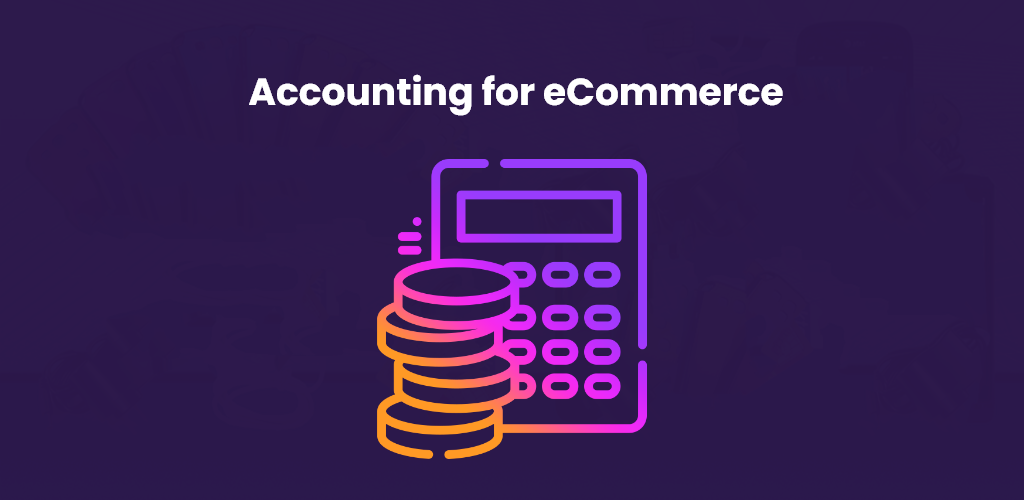DropShipping taxes in the UK: What you need to know
DropShipping taxes in the UK aren’t always clear to understand, and there’s a lot to get your head around – but unfortunately, taxes must be paid! As the saying goes, there’s nothing guaranteed in life except death and taxes, and UK DropShipping businesses are definitely guaranteed taxes to pay. In this post, we’re taking a look at what taxes that you, and your business may be liable for, so that you can head in the right direction.
Before we jump in, we need to mention that although we are experts in eCommerce and DropShipping, and our team are pretty well versed in taxes, we are not qualified tax experts. Since the government, and HMRC make changes relatively regularly, it is your responsibility to ensure that you pay the correct amount of taxes, and you should always check for the most recent advice. If you’re at all unsure, we strongly advise that you consult with a tax expert.
What is DropShipping and how does it work?
If you’re reading this post, there’s a good chance that you already know what DropShipping is. Maybe you’re planning to create a DropShipping business, or perhaps you’ve already got your DropShipping business started. On the off chance that you’re reading this before you get started, a quick recap on how DropShipping works:
- The DropShipping business sources products from suppliers
- They list the products
- The customer buys their product
- The DropShipping business immediately buys the product from the supplier
- The supplier sends the order directly to the customer
Notice how the seller doesn’t come into contact with the order at any point? This is one of the benefits of DropShipping compared with holding stock, and means the seller can streamline their operations, or an existing retail business can sell larger products that they don’t have space in their warehouse for, or they can sell seasonal products without the worry of dead stock.
Whatever stage your business is at, you’ll need to make sure that you pay the correct taxes, so you don’t end up with a fine from HMRC.
What types of taxes do you have to pay as a UK DropShipper?
Trying to figure out which taxes you are liable for can feel daunting, especially if you’re a first time business owner. But these are the main taxes that you will need to be aware of with your business to start with, although depending on what you’re selling and how your business evolves, there may be other taxes to be aware of.
Income Tax
If you’ve worked anywhere, you’ll know that a percentage of your salary (your income) gets taken by the UK government. The amount you pay depends on which tax bracket your salary falls into, and the government changes this from time to time, so make sure you check. Currently, the Income Tax brackets are:
- Personal Allowance: Up to £12,570 – 0%
- Basic rate: £12,571 to £50,270 – 20%
- Higher rate: £50,271 to £150,000 – 40%
- Additional rate: over £150,000 – 45%
You do not get a Personal Allowance on taxable income over £125,140. However, other allowances may apply to your particular circumstances, such as the first £1,000 of income from self-employment (the ‘trading allowance’). These are subject to change though, so it is worth checking on the government website for the current allowances.
VAT
The current standard rate of VAT is 20%, and applies to most goods and services. Some products and services – such as children’s car seats – have a reduced rate of 5%, and there is a zero rate that is applied to most food items, and children’s clothing.
For DropShippers, this means if you sell £100 worth of products that fall in the standard rate, you’re going to pay £20 in tax, which you’ll need to take into account when you’re pricing your products. Most businesses will include VAT in their pricing, as well as costs like shipping.
If the gross income for your business is more than £85,000, you may need to register for VAT. This means you’ll get a VAT number that you’ll need to make clear to your customers. When you’ve registered for VAT, you’ll need to pay VAT at the point of sale – so you’ll need to include that in your pricing.
Customs Duty
For businesses that are sourcing products from overseas, customs duties may apply. Customs duty is 2.5% of the cost of the item, but it is complicated, since items that are valued below £135 don’t have this charge applied, and there are different rates for products that are more than £630. Since customs duty is a complicated thing to work out, we suggest you check the Tax and Duty website – and if it doesn’t become clear, then call HMRC on 0300 322 9434 to get help.
By sourcing your products from suppliers and manufacturers in the UK, you won’t need to pay customs duty on your products – your supplier or wholesaler will have already paid this on the products, and will have included this in what they charge you.
If you’re looking for ways to source from UK DropShipping suppliers, then sign up for your Avasam account. Our suppliers are all verified and based in the UK, so there’s no customs duty to factor into your calculations – unlike sourcing from overseas suppliers. While customs duty is just one reason to source from Avasam suppliers, you’ll also benefit from fast delivery times, and complete DropShipping automation, including returns and refunds, giving you peace of mind that both you, and your customers will have a better experience.
How to calculate DropShipping tax liability and file a return
While you can roughly figure out how much your Income Tax is going to be by working with the brackets we detailed above, you can get a closer estimation on this page. Using this means that when it comes to filing your tax return, you’ll have a better idea of how much you’ll be charged by HMRC.
You can file a Self Assessment tax return online when you’re self employed, or if you receive income from another source such as renting out a property. You have to register for Self Assessment, and you’ll need to sign in using a Government Gateway user ID and password. To get your Government Gateway user ID and password, you’ll need to prove your identity. Because this can take time, make sure you don’t leave it to the last minute – deadlines can be seen on this page.
VAT Returns have to be sent to HMRC every three months, even if you don’t have any VAT to pay or reclaim. The deadline for submitting your return online is usually one calendar month and 7 days after the end of an accounting period, and again, you shouldn’t leave this payment to the last minute. If you pay your VAT late, you’re likely to have a penalty applied to your account.
What happens if you don’t pay taxes on your DropShipping business?
Tax evasion is a serious issue, and when you’re caught, HMRC will apply a fine based on how much you owed – but fines can be entirely unlimited. That means if you deliberately don’t pay, the fine could be so big that it results in the death of your business, and potentially, leave you in huge debt.
In more extreme circumstances, such as if you avoid paying a larger amount of tax, or you don’t pay for a longer period of time, you may be given an even bigger punishment – which can include extensive jail time. Income tax evasion and VAT evasion can be up to seven years in prison, while providing false documentation can result in up to six months in prison.
Do DropShipping businesses need accountants?
Should this be making you wonder whether starting your business is worth the hassle, don’t worry – that is why accountancy firms exist! Accounting services are there to help you get it right, and take the stress out of taxes, so unless you have experience with accounting, you’ll almost certainly want to engage with an accountant. Most accounting businesses will be able to help you with your assessment and tax returns, but there are accountants that are specialists in eCommerce and DropShipping. If you are selling on multiple sales channels, you’ll almost certainly benefit from their expertise, since they will understand how disbursements work, and the nuances of DropShipping.
If there’s one thing that you should take from this post to apply to your business, it is that you shouldn’t be creating a business and taking a salary from it without also considering the taxes that will need to be paid. Your income tax, as well as VAT are essentials, and there’s huge implications if you neglect to pay your taxes correctly, so make sure you get it right. If you’re in any doubt at all, consult with a tax expert – it is well worth the expense to ensure you don’t get fined.


DropShip products from verified suppliers to diversify your inventory and scale your eCommerce business